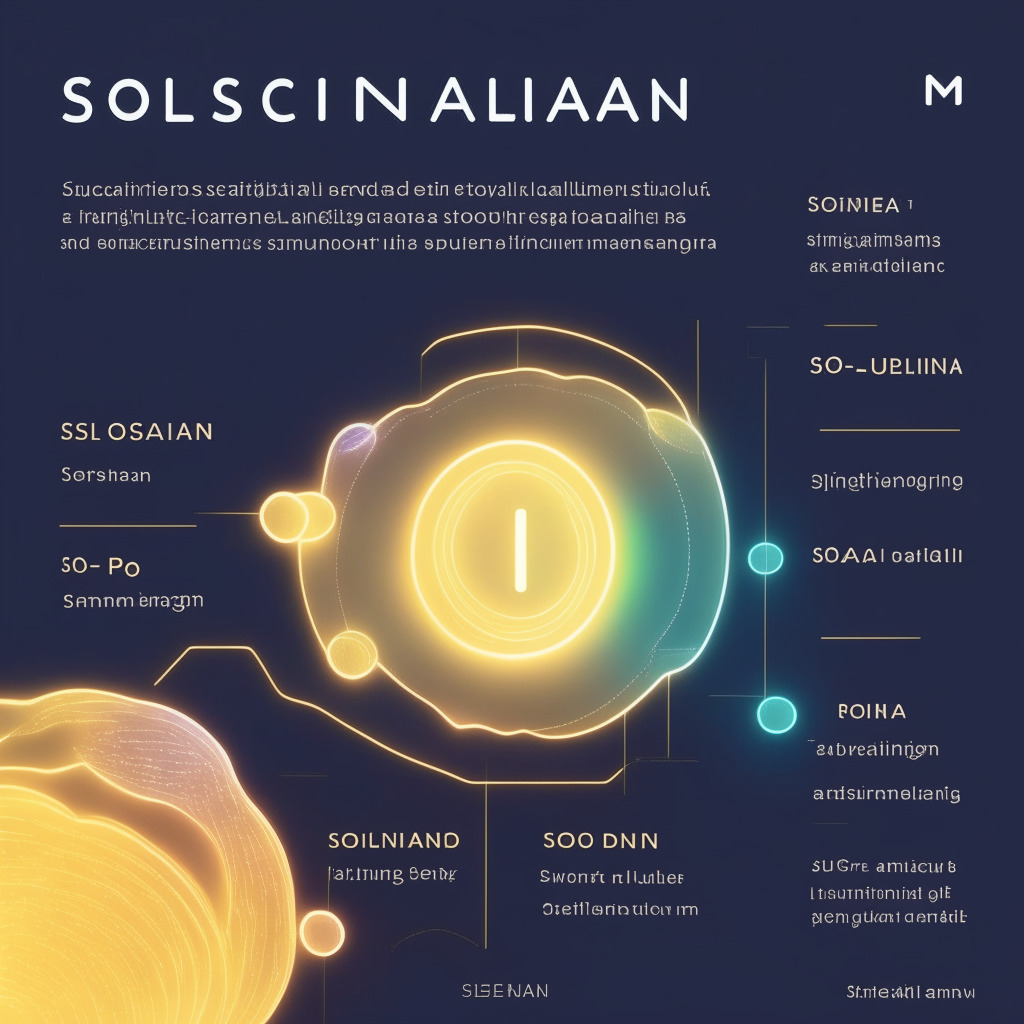Brazil has been making waves in the world of digital currencies, with the country’s central bank recently granting authorization to Mercado Bitcoin, the largest local crypto exchange, to join a pilot project for the digital real. This Central Bank Digital Currency (CBDC) pilot project has attracted not only Mercado Bitcoin but also major players like Mastercard, Genial, Cerc, Sinqia, state-owned bank Caixa, card provider Elo, and Microsoft.
The approval granted to Mercado Bitcoin in June came with a change in the company’s status, as it was initially left out of the list of participating institutions in May. However, Mercado Bitcoin eventually obtained a payment institution license from the central bank and now meets the required criteria to participate in the pilot. This development showcases the central bank’s willingness to collaborate with innovative companies in the blockchain and cryptocurrency space.
Director of new business at Mercado Bitcoin, Fabricio Tota, highlights this point, stating that their participation in the project supports the central bank’s pursuit of innovation. Furthermore, Walter Pimenta, executive vice president of Products and Engineering at Mastercard Latin America and the Caribbean, emphasized the importance of trust and compliance in the digital assets ecosystem and Mastercard’s ongoing commitment to these principles.
The digital real pilot’s implementation is set to commence in mid-June 2023, with the consortium planning to participate in testing CBDC issuance and treasury bills. Additionally, the program will aim to test the technical aspects of the network and the governance model of distributed ledger technology. The Brazilian central bank has set ambitious goals for its CBDC, eyeing a complete rollout by 2024, aimed at increasing financial system participation.
There is, however, a flip side to the coin. While the introduction of the digital real is likely to bring about numerous benefits, it may also raise questions about privacy and security pertaining to digital transactions. As such, the challenge lies in finding the right balance between innovation and maintaining the safety and privacy of users.
In summary, Brazil’s decision to authorize Mercado Bitcoin to take part in the pilot project for the digital real is a meaningful milestone in the nation’s journey toward establishing a CBDC. The project exemplifies the importance of embracing innovative technology while maintaining the highest levels of trust and compliance within the digital assets ecosystem. However, it will be crucial to address concerns surrounding privacy and security in the ongoing development of the digital real.
Source: Coindesk




